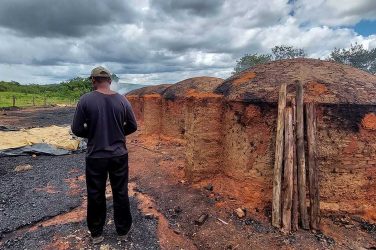Latin America should form a regional market for cheap energy that will boost development across the continent, a top energy official from Brazil proposed.
The Latin American market would include oil, gas and electricity and could be modeled after the European Coal and Steel Community, the forerunner of the European Union, said Norberto de Franco Medeiros, head of the Brazilian Committee of the World Energy Council.
"The integration of Latin and Caribbean countries is very important for our future," Medeiros told a Council meeting. "Energy infrastructure might be the way to facilitate our integration."
The Council, with committees in more than 90 countries, began a three-day meeting Thursday, March 2, to discuss ways to link the continent’s energy sources.
Medeiros said the Council had proposed a two-year study of possible energy links in Latin America.
The centerpieces of the continental link would be a 5,000-mile (8,000 km) pipeline from Venezuela to Argentina, cutting through Brazil’s Amazon rain forest and branching off to Bolivia, Paraguay and Uruguay.
Venezuelan President Hugo Chavez said in January the proposed pipeline would cost US$ 20 billion and could be built in five to seven years. He called it "vital" for the region’s independence from U.S. economic influence.
Medeiros also cited the proposed construction of two hydroelectric dams on the Amazon and the Madeira River that could provide "cheap and competitive energy" for Brazil and neighboring Bolivia. The projects are pending approval by Brazil’s Environment Ministry.
Medeiros, a former president of Brazilian electric power company Furnas Centrais Elétricas, said Latin America has ample, cheap energy, including 10 percent of the world’s petroleum and nearly 23 percent of its hydroelectric potential.
"So we have resources that, if integrated correctly, will allow our economies to grow," he said. "A good part of this energy is not being used."
Mercopress – www.mercopress.com




